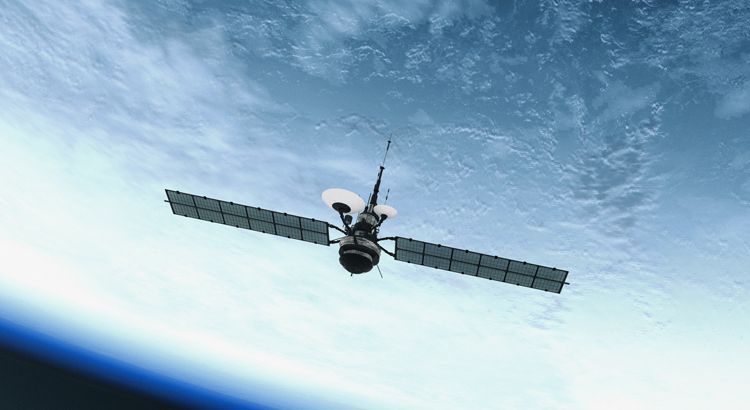
The enduring importance of analog signal processing in defense
Mercury Systems
May 13, 2024
In the world of modern electronics, digital signal processing reigns supreme. The transition from analog to digital has revolutionized countless industries, enabling more efficient, flexible, reliable, and cost-effective solutions. However, in the defense sector, analog signal processing remains a critical component, playing a vital role in many applications.
The rise of digital signal processing
Over the past few decades, digital signal processing has become increasingly dominant. Digital systems offer numerous advantages:
- Flexibility: Digital systems can be easily reprogrammed and updated.
- Noise Immunity: Digital signals are less susceptible to noise and interference.
- Integration: Digital systems can be readily integrated with other digital technologies.
- Reliability: Digital systems eliminate component tolerance changes with age and temperature found in analog systems, which require periodic maintenance and calibration.
- Cost: With the advancement of digital technology, digital systems have become more cost-effective.
These benefits have driven the widespread adoption of digital signal processing across various industries.
The role of analog signal processing
Despite the many advantages of digital systems, some analog signal processing is always required between the sensor and the digitizer. Analog systems directly process and condition continuous, real-world signals such as sound, light, radio signals, and temperature.
Historically, analog systems were favored for their:
- Simplicity: Analog systems can be simpler and more straightforward than their digital counterparts for basic applications without complex signal processing.
- Speed: Analog systems can operate at extremely high frequencies.
- Power Efficiency: Analog systems can be more power-efficient in certain applications.
However, as digital technology has advanced, many of these advantages have diminished, leading to a decline in the use of analog signal processing in most applications.
The necessity of analog in defense
Despite the general trend towards digitization, analog signal processing remains essential in the defense industry. Here's why:
Interface with the physical world
At some point, all systems must interface with the physical world. Sensors, antennas, and other front-end components are inherently analog. Even in largely digital systems, analog signal processing is necessary to bridge the gap between the physical world and the digital realm.
Direct RF and high-frequency applications
In applications involving very high frequencies, such as some radar and electronic warfare, front end analog systems are often the only practical option to translate those signals to lower frequencies for digitization.
However, the latest direct RF digitizers are now capable of directly digitizing signal frequencies as high as 40 GHz, eliminating the need for complicated analog RF frequency translation stages previously required. Direct RF also supports real-time wideband signal processing to perform the compute intensive operations required for advanced waveforms and countermeasures.
Resilience and reliability
In defense applications, resilience and reliability are paramount. Analog systems can be more robust and reliable in harsh environments, such as those encountered in some military operations. Although still subject to thermal and aging effects as well as signal losses and environmental noise pickup, for simpler functions analog systems can be less susceptible to certain types of electronic attacks and can continue to function even if portions of the system are damaged.
Legacy systems
Many defense systems have long lifespans, and legacy analog systems are still in use. Integrating these legacy systems with newer technologies often requires a mix of analog and digital signal processing.
While digital signal processing has become dominant in many areas, analog signal processing remains indispensable in the defense industry. Analog RF systems will continue to play a vital role for direct RF applications as interfaces to the physical world.
As technology advances, the line between analog and digital will continue to blur. Techniques such as mixed-signal processing and analog-to-digital conversion will become increasingly important, allowing us to leverage the strengths of both domains.
In the defense sector, where performance, reliability, and resilience are critical, analog signal processing will remain a key tool in the engineer's toolkit for the foreseeable future. Understanding and mastering both analog and digital techniques will be essential for engineers working on cutting-edge defense projects.
Discover More:
Explore Mercury's RF components, microwave systems, and mixed-signal modules engineered for harsh environments.







 That’s classified! The history and future of NSA Type 1 encryption
That’s classified! The history and future of NSA Type 1 encryption Uniting for a cause: Run to Home Base
Uniting for a cause: Run to Home Base